OY VEY! Pittsburgh Synagogue Shooter Found Guilty of Hate Crimes and Could Face Death Penalty
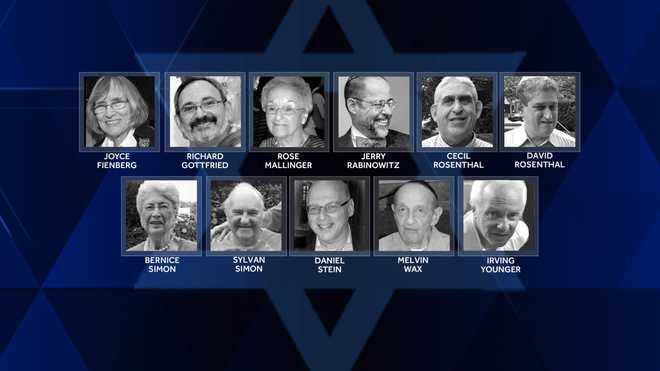
In a verdict that has been long-awaited by the families and survivors of the Tree of Life synagogue mass shooting in Pittsburgh, the shooter, Robert Bowers, was found guilty of federal hate crime charges. The jury concluded that Bowers committed the most deadly antisemitic attack in U.S. history, which resulted in the deaths of 11 innocent worshippers and injuries to two others and five police officers.
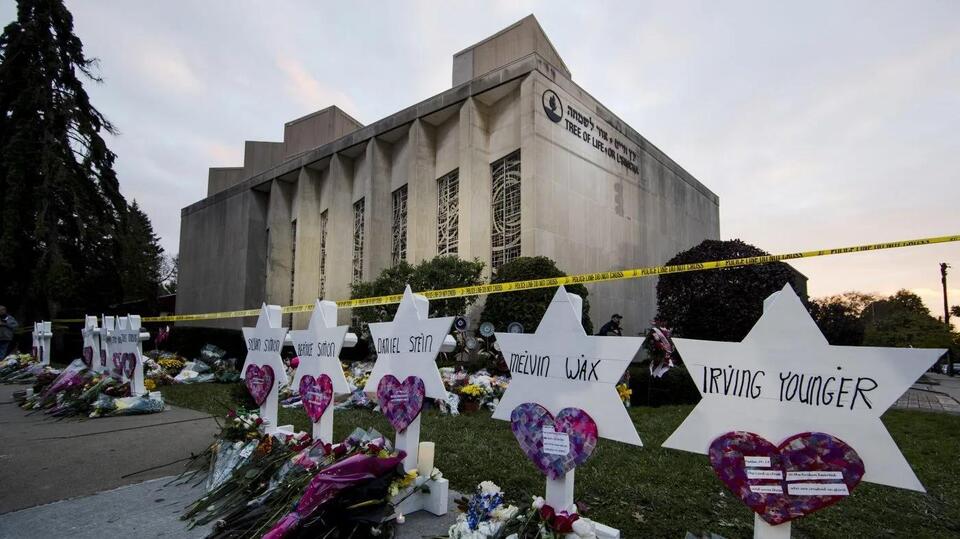
The prosecution now seeks the death penalty for Bowers, and the sentencing is scheduled for June 26th. The defense’s strategy has always been to plead guilty on all charges in exchange for life imprisonment, but the prosecutors opted to go forward with the trial.
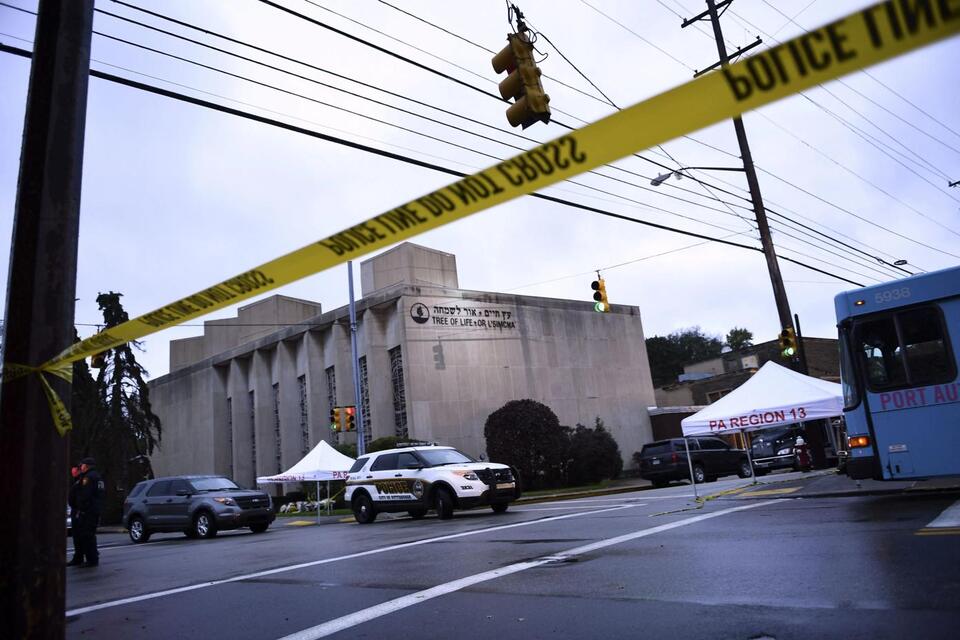
Bowers was found guilty on all 63 felony charges, including 22 that could carry the death penalty. The charges include 11 counts of obstructing free exercise of religious beliefs resulting in death and 11 counts of hate crimes resulting in death.
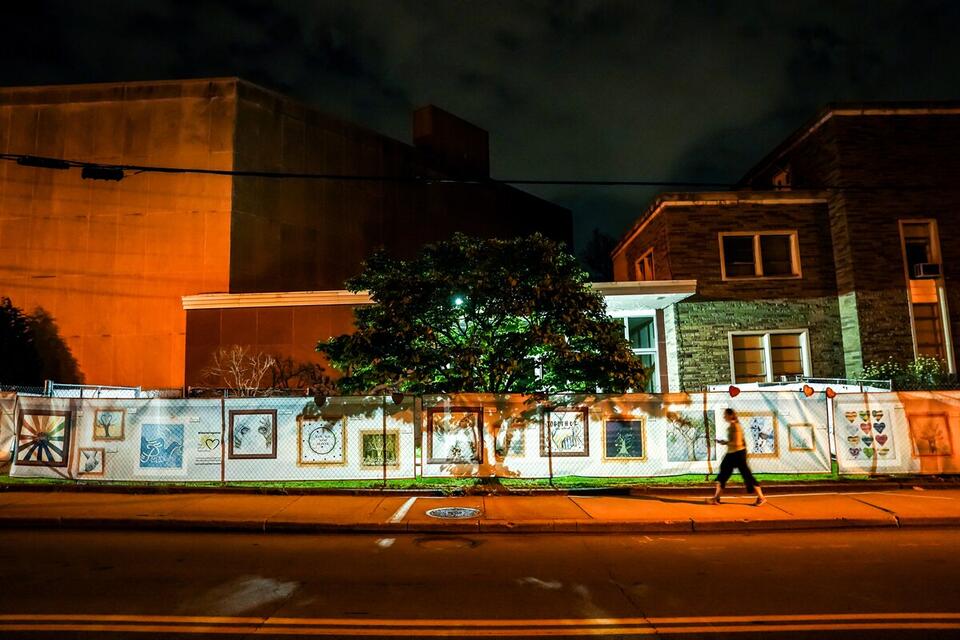
The defense has argued that Bowers should not receive the death penalty because his motive was not to prevent worship, which is a crucial element for hate crime charges. They also claim that Bowers suffers from multiple mental illnesses, including schizophrenia and epilepsy.
During the trial, the defense did not present any witnesses but cross-examined the victims and first responders who spoke on behalf of the prosecution. Bowers’s lead attorney, Judy Clarke, is well-known for her attempts to keep mass shooters and terrorists off of death row. She defended the surviving Boston Marathon bomber, the Unabomber, and the man who shot then-Rep. Gabby Giffords and five other people in Arizona in 2011.
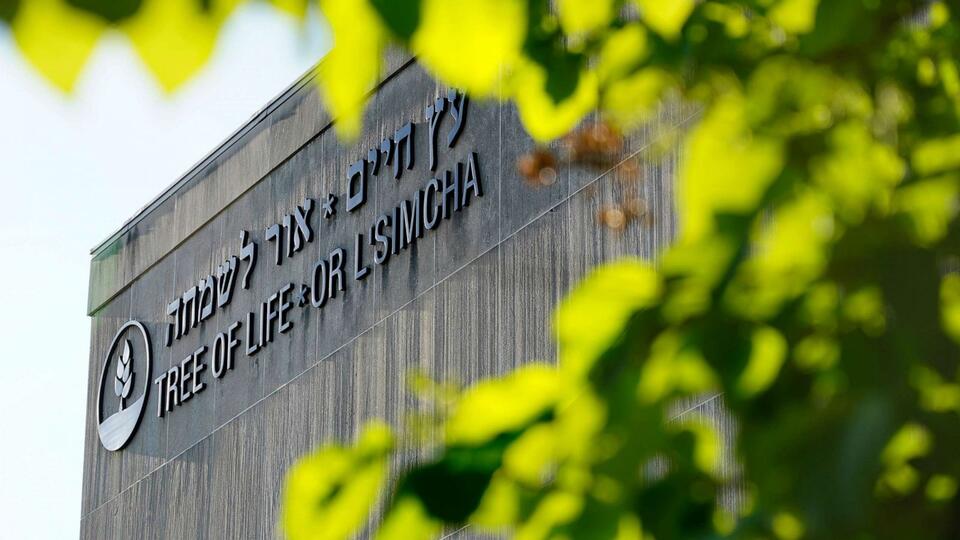
The prosecution asked surviving victims and witnesses a series of questions to prove the hate crime charges. One victim, Andrea Wedner, who was injured and lost her mother in the attack, testified that Bowers prevented her from worshiping. Bowers’s defense argued that he did not seek to kill Jews specifically and attempted to remove the religious elements of the hate crime charges, but they were unsuccessful.
According to investigators, Bowers frequently shared white supremacist content online and often railed against immigration and refugee resettlement. One of the congregations at the Tree of Life synagogue held an event supporting refugee resettlement not long before the shooting. During his arrest, Bowers told officers that he wanted to “kill all Jews.”
In closing arguments, the prosecution emphasized that Bowers’s killings were methodical, planned, and intentional. They urged the jury to hold him accountable for everything he did to the worshippers who survived and hold him responsible for the deaths of those who did not.
The verdict has brought some measure of closure to the families and survivors of the Tree of Life shooting, but it also serves as a grim reminder of the rise of hate crimes and antisemitism in the country. It is a call to action for politicians and leaders to address the root causes of hate and bigotry and work towards creating a more inclusive society.
In the end, justice has been served, but at what cost? The loss of innocent lives can never be reversed, and the pain and trauma inflicted upon the survivors and their families will linger for years to come. It is a stark reminder that hate and violence have no place in our society, and we must do everything in our power to combat them.

References
- https://thehill.com/regulation/court-battles/4026548-man-charged-in-pittsburgh-synagogue-massacre-planned-attack-defense-attorney-says/
- https://thehill.com/regulation/court-battles/3966181-what-to-know-as-tree-of-life-synagogue-shooting-trial-begins/
- https://thehill.com/blogs/blog-briefing-room/4043927-unabomber-ted-kaczynski-dead/
- https://thehill.com/homenews/ap/ap-u-s-news/gunman-used-social-media-to-attack-jews-before-deadly-pittsburgh-synagogue-shooting-jurors-learn/
- https://apnews.com/article/d2a97447951242d19993c7443bc5c666
- https://jewishchronicle.timesofisrael.com/letters-to-the-editor-99/
- https://thehill.com
- https://www.usatoday.com/story/news/nation/2018/10/27/pittsburgh-shooting-robert-bowers-identified-suspect-synagogue/1789239002/
- http://www.usatoday.com/story/news/nation/2018/10/28/pittsburgh-shooting-victims-mostly-were-elderly-worshippers/1791727002/
- https://www.usatoday.com/story/news/nation/2023/05/30/tree-of-life-massacre-trial-begins-in-attack-on-pittsburgh-synagogue/70271051007/
- https://www.usatoday.com/story/news/nation/2023/06/16/robert-bowers-tree-of-life-shooting-guilty-verdict/70327039007/